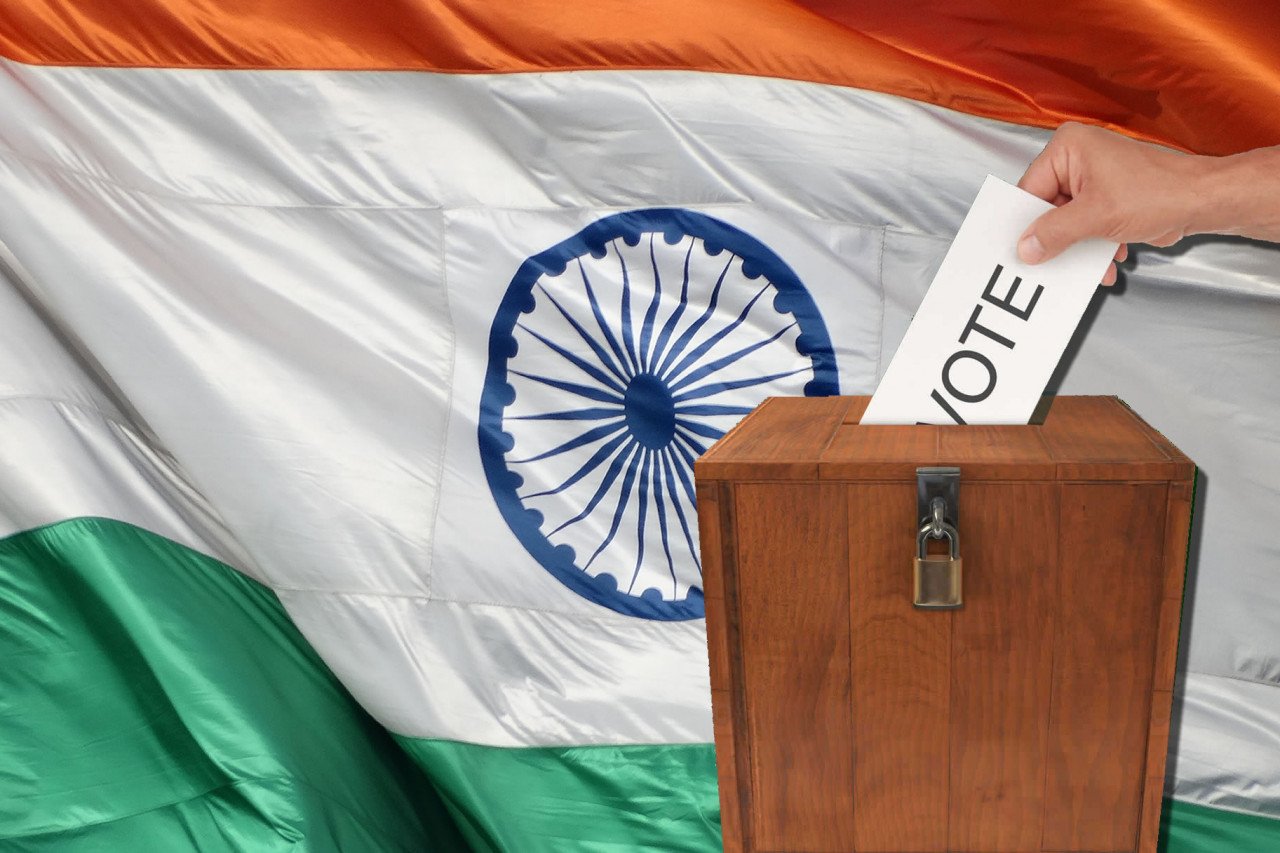The second phase of the Lok Sabha elections has begun in 88 constituencies brings forth several high-profile contests. Enhancing electoral engagement can be greatly aided by fostering an environment that is friendly and inclusive for voters, particularly women.
Today, April 26, is the second phase of the Lok Sabha Elections of 2024. In 13 states and union territories, there are 88 Lok Sabha seats up for election. West Bengal, Tripura, Madhya Pradesh, Rajasthan, Uttar Pradesh, Assam, Chhattisgarh, Karnataka, Jammu & Kashmir, Kerala, Manipur, Bihar, Maharashtra, and Maharashtra are among the areas. Voting got underway at 7 a.m.
With all 20 seats in Kerala up for polling in this phase, the electoral dynamics in the southern state are particularly noteworthy including Rahul Gandhi and Shashi Tharoor in Kerala. Their efforts to retain their respective seats in Wayanad and Thiruvananthapuram will undoubtedly draw significant attention, given their stature within the Congress party and the national political landscape. Kerala has often been a battleground for intense political competition, and the outcome of these elections will likely have implications beyond the state’s borders.
Voters will be focusing not only on specific candidates at this phase of the election process, but also on the larger issues and ideologies influencing the electoral discourse. At this critical juncture in India’s democratic history, the electorate will have a significant impact on how representation and governance are shaped going forward.
The upcoming Lok Sabha elections in Karnataka seem poised for an interesting contest, with various parties vying for seats across the state. The distribution of seats between the BJP and its allies, particularly the JDS, adds an extra layer of intrigue to the electoral dynamics.
The fact that well-known politicians like HD Kumaraswamy, Anitha Kumaraswamy, and Nikhil Kumaraswamy are running for office emphasises how important these elections are to Karnataka’s political climate.
Voters must appropriately exercise their democratic right as there will be two waves of voting in certain constituencies. The first phase’s voter turnout demonstrates a strong participation rate and the electorate’s dedication to the political process.
It would be interesting to watch how the political climate changes and how the final result affects Karnataka’s representation in the Lok Sabha as the election moves through its phases.
Kerala, Rajasthan, and Tripura’s Lok Sabha elections will end after Friday’s polling. All 39 seats in Tamil Nadu, five in Uttarakhand, two in Arunachal Pradesh, two in Meghalaya, one in Andaman and Nicobar Islands, one in Mizoram, one in Nagaland, one in Puducherry, one in Sikkim, and one in Lakshadweep were polled in the first phase on April 19.
The third phase of the Lok Sabha elections will be held on May 7.








